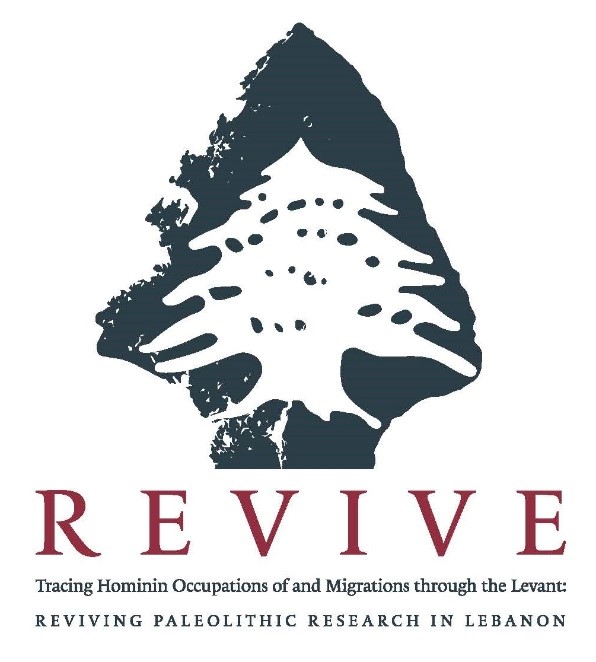November 28 2022 – 10h15: International seminar Palevoprim n° 36
Speaker
Sireen El Zaatari
Archeologist, paleoanthropologist and Associate Professor at the University of Tübingen, Germany.
Topic
The Paleolithic of Lebanon
Mounting archaeological, anthropological, and genetic discoveries over the last 20 years has forced us to change several aspects of our human evolutionary narrative, including drastic changes to our perception of hominin dispersals out of Africa. Whereas we had long believed that hominins left Africa in only two strictly-defined big waves, our current view is of a much more complicated and dynamic geographic movements of hominin populations/species across the Old-World continents over several millions of years. These involved dispersals out, but also back to Africa, out of Europe, into Asia, as well as the presence of several interbreeding events among various hominin taxa.
The REVIVE project (funded through the ERC) sets-out to better understand these movements and interactions through conducting the first ever large-scale and systematic archaeological and paleoanthropological research in Lebanon, a country strategically located in the heart of the Levant. This is one of the world’s best geographic study areas to address issues related to hominin migrations/expansions as it forms the only land-bridge that has connected the three continents: Africa, Asia, and Europe. In spite of its richness, the Paleolithic record of Lebanon remains practically unexplored and has been completely silent for almost half a century since it was forcefully stopped by the outbreak of the Lebanese civil war (1975). REVIVE has finally started to reverse this situation. This talk will give an overview of REVIVE’s framework, first year’s achievements, and future plans.
Sireen El Zaatari is archeologist, paleoanthropologist and Associate Professor at the University of Tübingen, Germany. Sireen is principal investigator of the REVIVE project “Tracing Hominin Occupations of and Migrations through the Levant: Reviving Paleolithic Research in Lebanon” funded by the ERC program. @revive_erc





